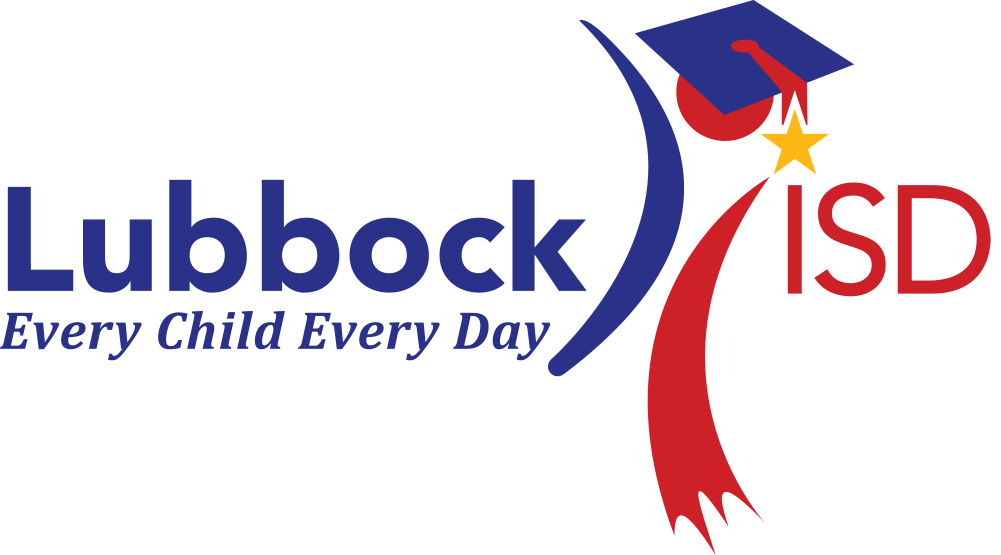Dyslexia Defined
What Is Dyslexia?
Dyslexia Defined
Dyslexia is a specific learning disability that is neurological in origin. It is characterized by difficulties with accurate and/or fluent word recognition and by poor spelling and decoding abilities. These difficulties typically result from a deficit in the phonological component of language that is often unexpected in relation to other cognitive abilities and the provision of effective classroom instruction. Secondary consequences may include problems in reading comprehension and reduced reading experience that can impede growth of vocabulary and background knowledge. Adopted by the International Dyslexia Association Board of Directors, November, 2002.
What does that mean exactly?
Dyslexia is a language-based learning disability. Dyslexia refers to a cluster of symptoms which result in people having difficulty with specific language skills, particularly reading. Students with dyslexia usually experience difficulty with other language skills, such as spelling, writing, and pronouncing words. Dyslexia affects individuals throughout their lives; however, its impact can change at different stages in a person's life. It is referred to as a learning disability because dyslexia can make it very difficult for a student to succeed academically in the typical instructional environment, and will usually qualify a student for specialized reading instruction and accommodations.
The primary characteristics of dyslexia are:
Difficulty reading words in isolation
Difficulty accurately decoding unfamiliar words
Difficulty with oral reading (slow, inaccurate, or labored)
Difficulty spelling
What misconceptions exist regarding dyslexia?
It is equally important to understand why dyslexia is not. It is a myth that individuals with dyslexia "read backwards". Their spelling can look jumbled at times, not because they read or see words backwards, but because they have trouble remembering letter symbols for sounds and letter patterns in words. Dyslexia is not a disease and, therefore, there is no cure. Individuals with dyslexia do not have a lower level of intelligence. In fact, more often than not, the complete opposite is true.
With proper diagnosis, appropriate and timely instruction, hard work, and support from family, teachers, and others, individuals with dyslexia can succeed in school.
Source: International Dyslexia Association
